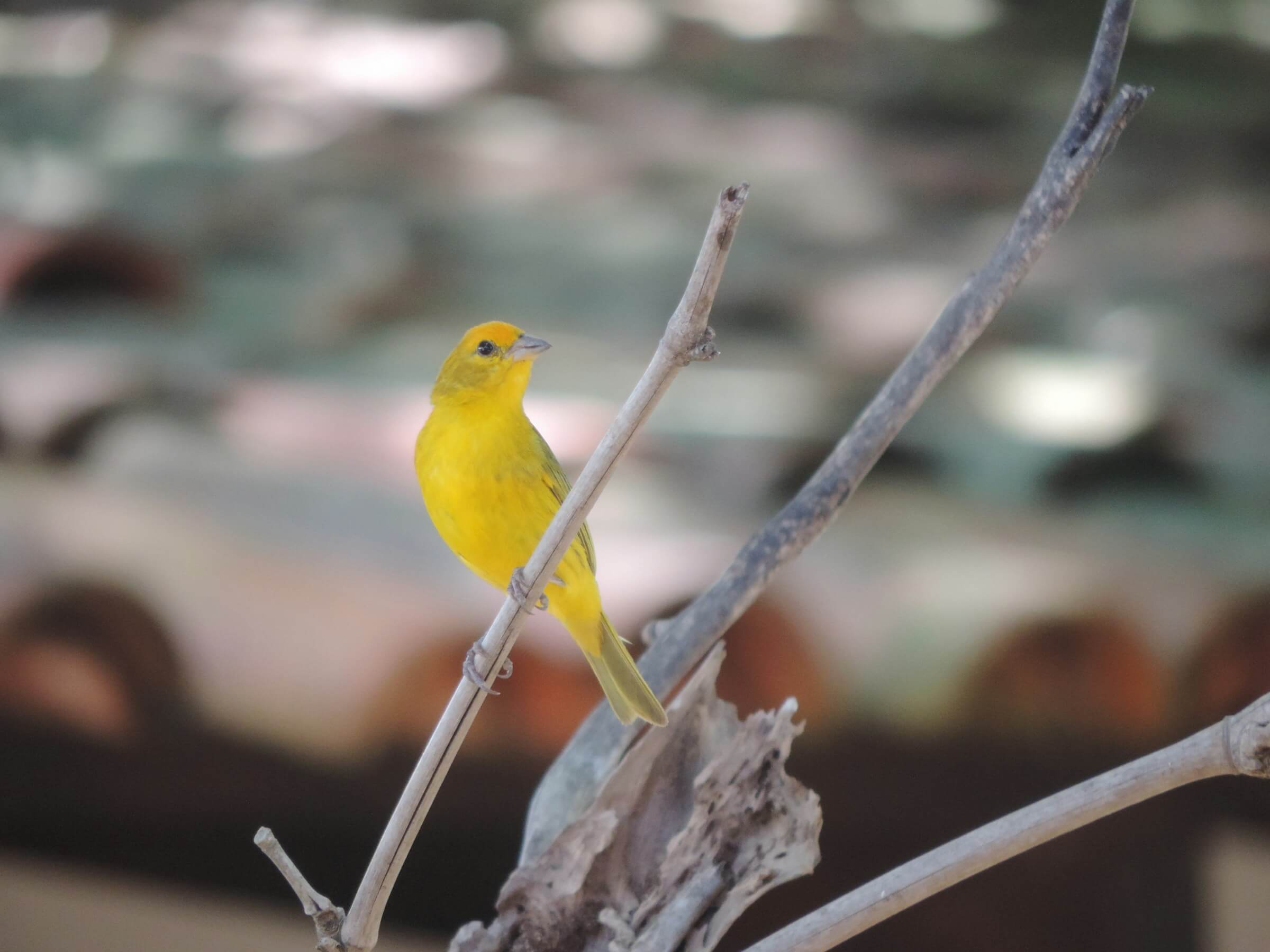
Loose Parts
Tweet, tweet, tweet,
tandaradei,
set the scene
back in the day;
inside and outside
the heat for master and slave
too hot to handle
even in the basement,
even in the shade
of the endless elms
the children complain,
banging around their toys,
the geese quack for mercy
the uneasy sheep
see dark clouds,
hear a rumble of thunder,
trouble on the way
a reality of great bough-breaking winds
and violent rain.
On the plantations,
oh mammy, run down to ruin,
the masters, the slaves,
the cotton long gone.
In the remains of rusted balconies
the house canary cowers in freedom;
in his glory days he sang
to the brittle parasols
of fancy women,
strutting through the hot summer,
lying languorous in winter,
cased in overheated rooms;
in all seasons watched
their lucent pink frocks removed,
saw their sweaty armpits
and satin undies
turn to dynamite
under the effective pressure,
the probing fingers
of eager customers
erect and ready
in burning lurid July,
in freezing rigid winter,
coming and going
up and down the stairs
and yellow bird singing
and in the parlor, Goodbye Barbarossa,
bearded dwarf, the performer,
fiddles and his shoes
creak softly on the floor.
Paid to the last dollar
the lot of them.
But there's more to whoring
than meets the eye,
more than the money;
this human act
brooks no merchant's contract;
no give and take makes us
lose faith in our lovers
out in the world,
our promises
made over and over
to no end, tools of the trade,
tired devices played out
while time devours our desire
even to put a face
on our loss of love,
on our legacy of disloyalty.
Well, let it be.
Even half-empty and debased
it pays to have a helpmate
on the long march;
hearth to heath to whorehouse,
incidental trips
to the girls of the evening
mean as much as anything,
at least more than you think.
Sorry, sorry,
the yellow bird that sings
his heart out
bright as he seems
in the moment,
immortal as a phoenix,
dies long before
you pay the bill
at both ends,
take your hat and coat
and say goodbye.
Quis Ut Deus?
Fractious bloviating citizen, hatched out
of Goody No Shoes
in the back seat of a beat-up limousine
I will protect you;
like Cleonymus at Delium
shield thrower,
arrant coward on and off the battlefield
and the hustings, hide behind me
and God forgive me, I will protect you;
after the din of battle
take you to some quiet place
and wash away your dirt and tears;
there's always a chance for redemption,
a bargain with the Lord.
A long hard static show of force,
yea, Jacob and the angel, patientia!
A sincerity of contrition does wonders,
even with the Maker of wonders.
So I said. So I say.
Do I believe it?
Failing and falling
on my own account
will God protect me?
And who is God, after all?
Confronting the evil of this world
and not doing much about it.
The bible's despairing
better he who hath
not been, not seen
the evil done
under the sun
no comfort for us;
here we are
and here God is
and here evil is
evil aplenty.
Only begotten
young sweet Jesus
walking on the water
walking on the streets
Alpha and Omega of course,
perfect figure, perfect gift
of God's multifarious grace
and purpose;
the young Christ pictured
with the perfect proleptic halo
floating above his blessed head.
Picture him then at Galilee,
pushed into preaching
from a fisherman's boat,
hands outstretched
to the crowd, his divinity
feeling for the creases
in the fabric of the mortal world,
feeling the anchor
of his time on earth
losing its hold, relenting;
nail-driven son
of an eternity to come;
the doubtful cup
not taken from his lips
but drained to the lees.
Was his immortality
less important, less perfect
than his humanity?
Our citizen has no such
luxury of choice or consideration
no such foresight or certainty;
in his craven heart
he knows that
when he's dead he's done.
Christ knows
that even before the stone
rolls away from the tomb
for him everything changes;
a falling away, a destined release
and rising from the bounds
of life on earth.
Eat of the honeycomb
of no more substance
no more significance
than the vision of a ghost
seen by ordinary men.
Indeed, who is like God
save his son?
Revelation and inscrutability,
mortality and vulnerability
mix and blur.
Without the trimmings
and forced premises
are they one and the same?
Scornful Saint Michael
and the Prince of Darkness
together or apart can't tell us.
And the pity is
we don't really want to know,
leaving Arius' and Athanasius'
war to the knife
buried out of sight.
The motivation, the will to know
somehow
break down before we start
and nolens volens
we accept,
we embrace the mystery.
Time and Fire
wu wei
The truth is in old wood
stacked up in the back yard
the logs cracking open
with the passing years;
brought inside
easy work for the hearth fire
when winter comes.
This active old wood,
Laozi's uncarved wood,
breaking with the master
reveals its dry devotion
its ready sacrifice;
acolyte before the altar
blithely, eagerly embracing
the blazing destruction to come.